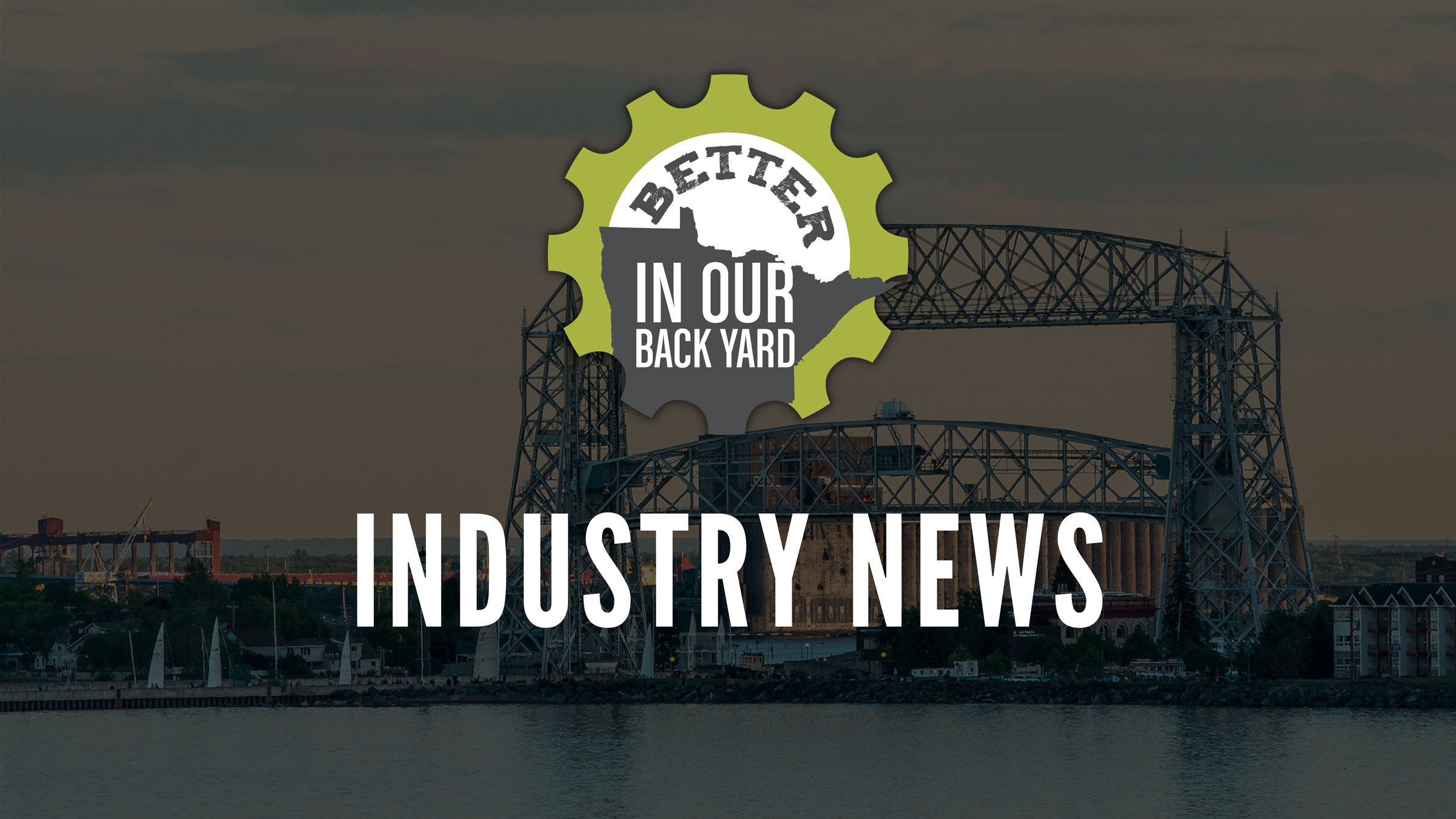Supporters of responsible industry and their opposition are getting more and more accustomed to attending public hearings across the state to make their voices heard.
The most recent of these hearings have been on the Minnesota Pollution Control Agency (MPCA)’s proposed wild rice sulfate rule. These hearings were held in St. Paul, Virginia, Bemidji, and Cloquet last week; there was another Monday in Brainerd, and hearings wrap up with a video conference today (Thursday).
Better In Our Back Yard’s members have been present for all the wild rice hearings, and one thing has become abundantly clear about the opposing viewpoints – they agree more often than they disagree.
On both sides, people are fighting passionately to preserve their way of life. Both sides are proud to continue long legacies of providing for their families and sustaining their communities – whether with wild rice or iron mining. Both sides feel the proposed standard is a direct attack on the way they and their families have supported themselves and their communities.
On both sides, people are tired of traveling all over the state to fight for their way of life. At the Virginia hearing, an iron miner said he and his co-workers continue to miss time with their families traveling the state to fight to keep the mines open. They’re exhausted, he said. At the Cloquet hearing, Winona LaDuke said traveling the state is impossible for many low-income tribe members who may not have access to vehicles. The process is exhausting, she said.
On both sides, people want to see wild rice protected. This was made clear by every speaker at every hearing – wild rice is an important grain that must be protected. Not one speaker said they didn’t care about wild rice.
On both sides, people do not believe the current standard will sufficiently protect wild rice. Both sides agree the proposed standard is too confusing and can’t be consistently enforced. Furthermore, iron miners and wastewater treatment operators contend this proposal and its preceding standard are based on bad science.
This is where the opposing sides differ. While industry supporters don’t believe a sulfate standard is necessary at all, based on scientific studies that show sulfate doesn’t affect wild rice until very high levels – the opposition believes the standard should not be changed from the 10 mg/L – unless it is to go lower.
The most alarming difference is that while industry supporters believe we can (and do) mine iron ore better and cleaner than anywhere in the world, the opposition argues that after 130+ years of iron mining in Minnesota, it should no longer be done here at all. Here, where we are home to the cleanest water in the state.
Better In Our Back Yard and other supporters of responsible industry are always confused when those who are fighting so diligently to protect the environment in their own backyard fail to look at the world on a global scale. We have been mining iron in Minnesota for more than 130 years, right next to the cleanest water everyone is fighting so hard to protect. That water remains clean because Minnesotans – including those who work in industry – care about protecting the environment. When anti-industry groups fight to close mines in Minnesota, they are fighting (knowingly or not) for mines that typically have little-to-no safety, environmental, or child labor regulations to mine.
When both sides have so much in common, there are conversations to be had in the middle. Both sides can benefit from each other. While the tribes certainly have a wealth of knowledge and experience to share, they also use products made from the ore that their neighbors mine. And those who support the mining industry also care deeply about our environment and natural resources. Together, both groups can work collaboratively to find the best practices to mine responsibly and protect a sacred state grain – wild rice.
